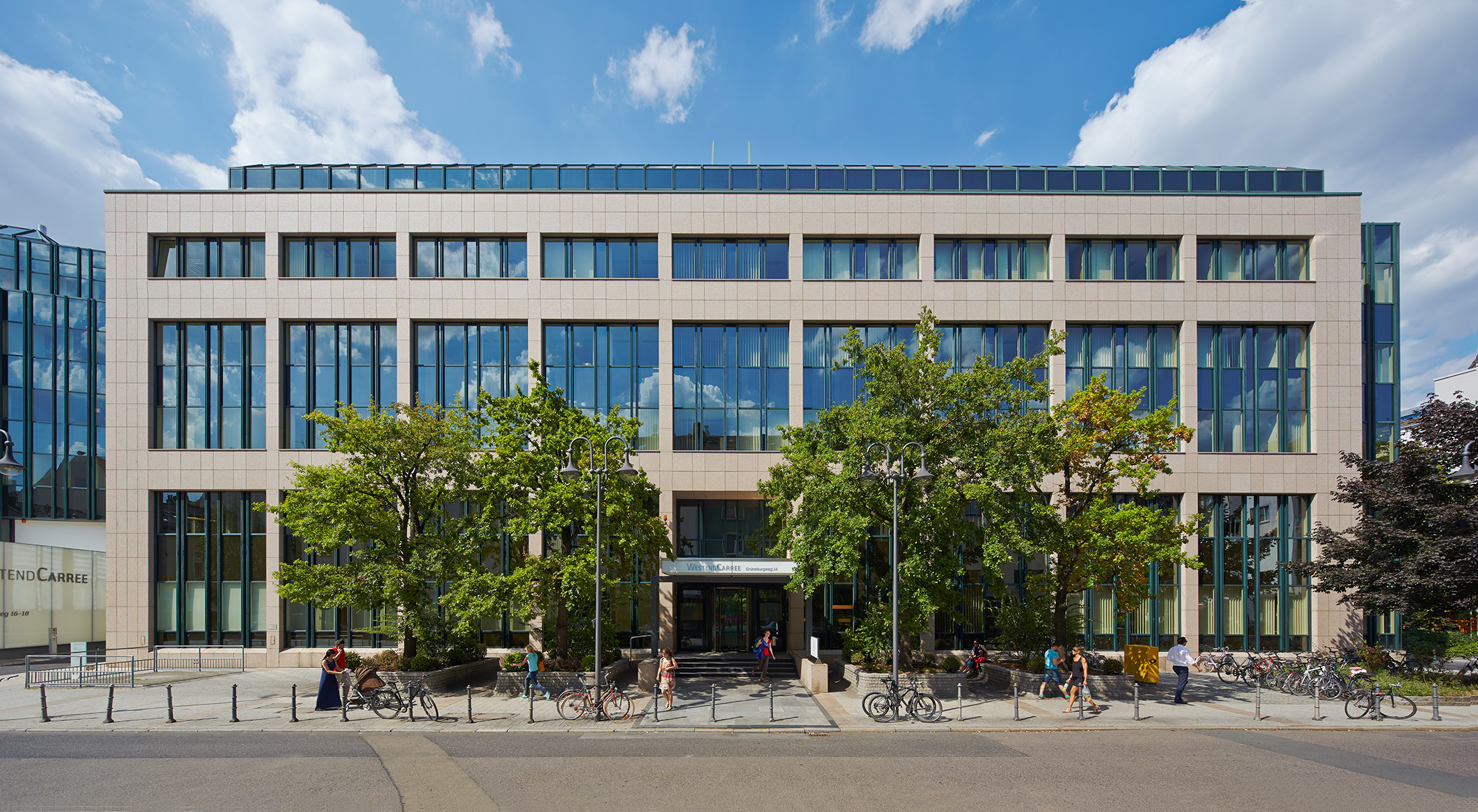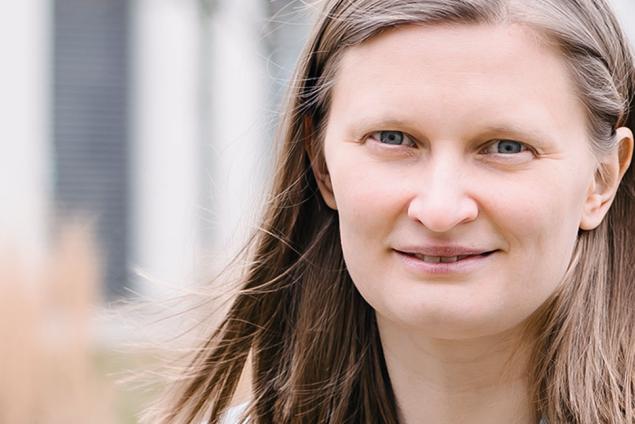Aesthetic experiences make a vital contribution to our lives. In this video, focusing on responses to artwork, architecture and natural landscapes, EDWARD VESSEL explores how aesthetic experiences function in the brain. Employing functional Magnetic Resonance Imaging (fMRI), Vessel attempts to correlate subjects’ aesthetic responses with data from two brain regions, the ventral occipitotemporal cortex and the default mode network. Extending our understanding of the role and function of these brain networks, Vessel’s research may have important implications beyond cognitive neuroscience, for how we learn and for human health and well being.
DOI:
https://doi.org/10.21036/LTPUB10774
Researcher
Edward A. Vessel is a Research Scientist at the Max Planck Institute for Empirical Aesthetics. Having completed his Ph.D. at the University of Southern California, Vessel has previously held a number of research positions at New York University. His main research interests include the neural basis of aesthetic experience, the neurobiology of information foraging and brain imaging. The recipient of a postdoctoral National Research Service Award, Vessel has also been funded by NASA to examine sensory stimulation augmentation tools for long-duration exploration spaceflight.
Institution
The Max Planck Institute for Empirical Aesthetics (MPIEA) was founded in 2013 in Frankfurt am Main, Germany, and is part of the Max Planck Society. In a joint effort of researchers from the humanities and the natural sciences, it explores who aesthetically appreciates what, for which reasons and under which situational and historical circumstances, and analyzes the functions of aesthetic practices and preferences for both individuals and societies. In this interplay between the humanities and the natural sciences, the MPIEA draws on a broad range of multidisciplinary expertise as well as a variety of methods. The primary focuses in our research on the many nuances of aesthetic perception include the individual, cultural, and historical differences among aesthetic preferences; the cognitive and affective mechanisms governing aesthetically evaluative perception as well as their neural, physiological, and behavioral correlates, the functions of aesthetic experiences for personal development, subjective well-being, and social communication.
Original publication
Stronger Shared Taste for Natural Aesthetic Domains than for Artifacts of Human Culture
Vessel Edward A., Maurer Natalia, Denker Alexander H. and Starr G. Gabrielle
Cognition
Published in 2018
Art Reaches Within: Aesthetic Experience, the Self and the Default Mode Network
Vessel Edward A., Starr G. Gabrielle and Rubin Nava
Frontiers in Neuroscience
Published in 2013
The Default-mode Network Represents Aesthetic Appeal that Generalizes Across Visual Domains
Vessel Edward A., Starr G. Gabrielle, Isik Ayse Ilkay, Belfi Amy M. and Stahl Jonathan L.
Proceedings of the National Academy of Sciences
Published in 2019
Reading recommendations
Neuroaesthetics: The cognitive neuroscience of aesthetic experience
Pearce Marcus T., Zaidel Dahlia W., Vartanian Oshin, Skov Martin, Leder Helmut, Chatterjee Anjan and Nadal Marcos
Perspectives on Psychological Science
Published in 2016





